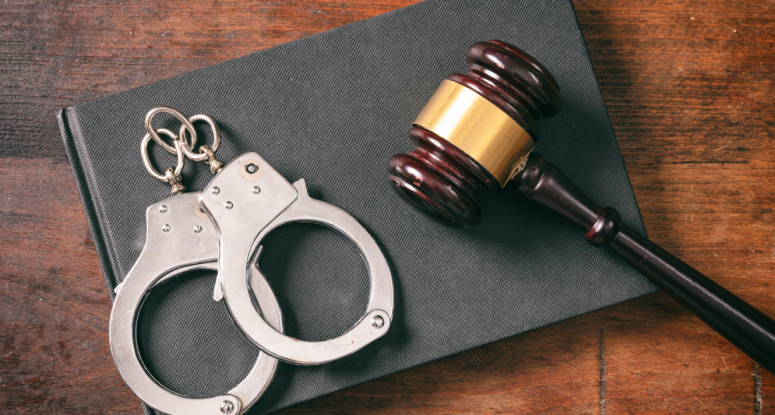I am studying in the third year of the State University of Economics and Technology.I specialize in contractual, economic and corporate law, in particular, I provide consultations and write articles.
During criminal proceedings, investigators, interrogators, operational investigative agencies, prosecutors, and courts are authorized to carry out a fairly large number of procedural actions in relation to suspected persons accused of committing a certain criminal offense. Reports of suspicion are sent, searches are carried out, property is seized, preventive measures are taken - but unfortunately, the decisions on the basis of which the above-mentioned and many other procedural actions are carried out do not always comply with the law, which indicates their illegality. International regulations and our national legislation provide for a mechanism for protecting and restoring the rights of participants in criminal proceedings, which consists of compensation for damage caused by such illegal decisions of authorized public authorities. Therefore, a detailed legal analysis of the situation involving damage to a participant in criminal proceedings as a result of illegal actions is extremely important.
Analysis of the features of compensation for damage:
The emergence of the right to receive compensation is inextricably linked with the following grounds: a court pronouncement of a guilty verdict, an indication in the guilty verdict of the illegality of procedural actions limiting the rights and freedoms of citizens (the above measures), the closure of criminal proceedings on the grounds of paragraphs 1-3 of Part 1 Art. 284 of the Code of Criminal Procedure, or closure of a case of administrative violations. If there is at least one of these grounds, the person will be entitled to receive compensation for the earnings or other income that he did not receive as a result of illegal procedural actions, property seized, confiscated, converted into state income, fines levied in execution of the sentence, legal costs, amounts for legal assistance and moral damages. The value of the property subject to compensation will be determined in accordance with the prices in force at the time the relevant decision is made. The assessment of the direct amount of compensation will be determined depending on which body carried out the procedural actions or considered the case (operational investigative bodies, pre-trial investigation bodies, prosecutor's office, court). The amount of compensation is indicated in the relevant decision of the body, subject to appeal by the applicant in case of disagreement. Recognizing a conviction and bringing to criminal liability as illegal, of course, entails certain legal consequences, namely: a person dismissed from work is subject to renewal; the period of suspension from work, serving a sentence, or detention is counted towards the length of service; awards and state titles are returned if the person has been deprived of them; many other personal rights and property rights are restored, and rehabilitation is carried out. In addition, as already noted, compensation for moral damage caused is possible if illegal actions led to moral losses, disruption of the life and social ties of the individual.
Damage compensation procedure:
1. If the above-mentioned grounds exist, the authorized bodies must inform the person of the right to compensation. Such notice shall be given in writing, specifying the claims to which the person is entitled to claim. In order to establish the amount of damage, a person may contact the relevant authorities within 6 months.
2. The next step is for the authority to request all necessary documents to establish the amount of damage. The legislation provides for a one-month period from the date of application to the day of the decision or determination based on the results of establishing the size. The resolution defines in detail the earnings lost due to illegal actions, the amount of fines, the total amount to be paid, etc. Within 3 days from the date of the decision, a copy of it is sent to the person who will receive compensation.
3. A copy of the resolution to receive compensation must be submitted to the state treasury authority in accordance with your place of residence. Based on the results of this step, the person is issued a corresponding check. Direct payment will be made through the bank based on the issued check.
Representation of interests in court by a lawyer in criminal proceedings:
A lawyer for court plays an exceptional role at all stages. And even in the matter of obtaining compensation, a criminal lawyer is extremely desirable since he himself will help a person who has suffered harm from illegal actions receive compensation in an amount that would correspond to the property and moral damage caused. A lawyer in court may also be required if it is necessary to appeal a decision or determination that determines the amount of compensation. Defense in court by a lawyer is a tool for increasing efficiency in achieving the desired results.





























